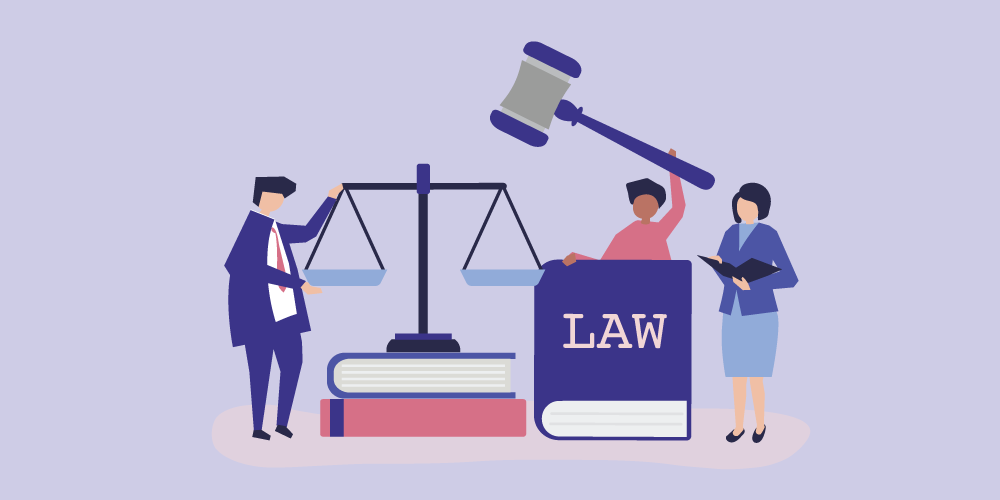
How to Prepare for AILET
The All India Law Entrance Test (AILET) is the entrance examination for National Law University, Delhi, one of India’s topmost law colleges. It is a 150-mark, 90-minute paper. AILET tests a student in five major areas: English, General Knowledge and current affairs, Elementary mathematics, Legal Aptitude and Logical Reasoning. One important step towards a sound preparation is to identify your areas of strengths and weaknesses which will help you to come up with an individualised strategy.
Following are a few tips that will help you ace your preparation for AILET:
General Tips:
Guidance and Mentorship
Find a mentor to guide you through your exam preparation journey. A mentor is someone to whom you should be able to turn to in case of any doubts or queries; someone who will encourage you to work harder and tell you off in case you are slacking. A mentor should be able to help you through emotional highs and lows.
There are several mentorship programs available online, so apply for one.
Practice for offline exam
AILET is an offline pen-paper examination, which means that you will have to record your responses on an OMR sheet. The time that filling the bubbles for this will take is often not accounted for by candidates, and that is where they lose out. Ensure that you have sufficient practice in filling out OMR bubbles so that you can spend the least possible amount of time on that task during the examination.
Time Management
Time management during the exam is crucial. It is important to have devised an efficient test taking strategy beforehand, so that you have a clear plan of action on the actual test day. Find out which order of attempting sections yields the maximum marks, but do not be afraid to improvise if the situation needs it.
Section-wise tips:
English
The English section is aimed at testing one’s proficiency in comprehension and grammar. Building of a good vocabulary cannot happen overnight, it is a gradual process which is facilitated by regular reading of newspapers and magazines (this will also help in the GK section). Ensure that you learn the meanings and usage of all new words you encounter. It is also important to brush up the basics of grammar in order to tackle error-detection and sentence-correction questions.
General Knowledge and Current Affairs
The AILET General Knowledge section has 35 questions. It is one of the easiest scoring areas if you have been diligent all year, as it is the quickest section to solve. You either know the answer, or you do not. Newspaper reading will go a long way towards helping you ace this section.
Mathematics
The mathematics section in the AILET paper is of 10 marks. Though the section only tests elementary mathematics, it is imperative to have strong basics, otherwise this section is definitely capable of tripping you up. Learning shortcuts and tricks will definitely offer an edge.
Logical Reasoning
This is often one of the most scoring sections in AILET, with sufficient practice. The questions are usually based on Puzzles, Seating Arrangement, Logical Sequences, Number Test, Verbal Reasoning, Family/ Blood Relation, Ranking & Order, Coding Decoding and the like. With sufficient practice, this section is one that you can safely rely on for marks.
Legal Aptitude
This section carries an inherent advantage. Since all the other sections cannot be worked on overnight, this is the only core area which is absolutely new for an AILET aspirant. This section is extra-crucial as it is used as the tie-breaker section. The primary issue here will be speed, but that can be overcome by solving sufficient questions before hand. Another potential issue is that some Principle-Fact based questions might prove to be tricky, so practice is the key to ensure that they do not trip you up.
The legal facts and GK based questions can be attempted by memorising certain important facts and dates, and by keeping up-to-date with the latest developments in the legal world, like judgements, amendments, etc.



